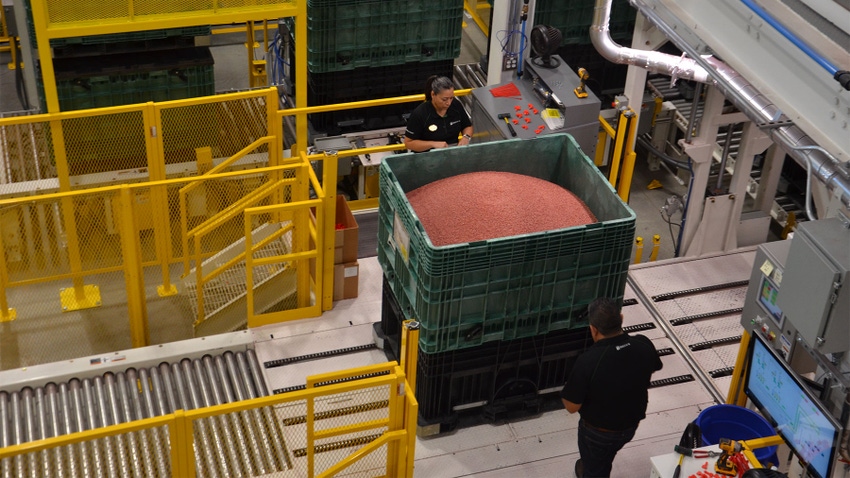February 7, 2024

I order treated soybean seed, but I never ask what it is treated with — I leave that to the seed rep. Should I be asking? Our fields vary from light and sandy to heavier with drainage problems. Is the same seed treatment OK everywhere?
The Indiana certified crop adviser panel answering this question includes Gene Flaningam, crops consultant, Vincennes; Carl Joern, Pioneer field agronomist, northeast Indiana; and Greg Kneubuhler, agronomist, G&K Concepts Inc., Harlan.
Flaningam: Most seed companies do a standard seed treatment on the seed you buy. Some seed dealers purchase seed in bulk and then treat the seed as they deliver it to the farm. That gives you the ability to custom-apply seed treatments according to your farm’s soils and tillage conditions.
I recommend looking at something for nematode control on those lighter sandy soils. The heavy soils may need something for pythium or phytophthora, depending on the field history and seed genetics. Ask your seed rep what is available and try to place treatments accordingly. Do not skimp on seed-applied fungicide if you are planting early soybeans.
Joern: All seed treatments are not created equal. Please ask your supplier to share what is in their treatment! Many entities will offer several options to best fit the needs of a given field. This is dependent on local conditions, crop rotation, history of disease, variety tolerance to those diseases, presence of soybean cyst nematode and other insect pests. These factors, in combination with one’s tolerance for risk and the price, should help determine the best package to fit a field’s needs.
Seed treatment providers should be able to tell you what will be on your seed and why. If they can’t, can you trust that you need it? Or perhaps your needs are greater than what they are offering.
Kneubuhler: All seed treatment is not the same, nor does it cost the same. It’s important to understand what you’re ordering and what you’re paying for. Seed treatments can contain more than just fungicides and insecticides. They can also include biostimulants, nematicides and other components that enhance early growth and root development. Our historical data has proven that fungicide and insecticide seed treatments have paid well over the years. At a minimum, we suggest using those seed treatments.
It’s in your best interest to ask your seed rep what your options are so you can make decisions that fit your needs. Seed treatments don’t have to just be relative to light sandy soils or heavier soils. They can assist in other issues like sudden death syndrome, known better as SDS, for example. Understanding your options can help drive your financial decisions. However, the same seed treatment isn’t necessarily effective everywhere.
Editor’s note: There are hundreds of names and brands in the seed treatment market for soybeans. Ask your supplier for a list of active ingredients, and make sure your seed treatment includes chemicals active against the diseases and pests you anticipate battling on a field-by-field basis.
Read more about:
Seed TreatmentYou May Also Like




